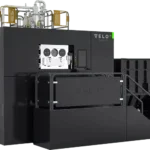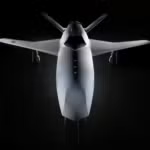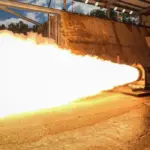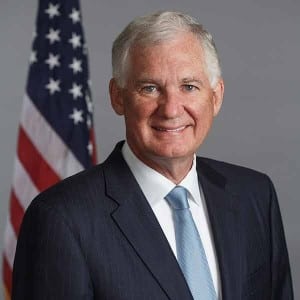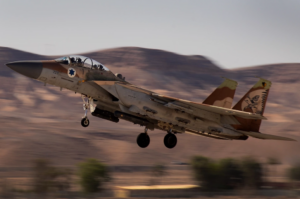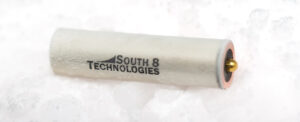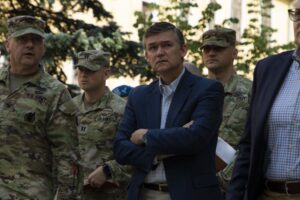
The Army nominated three candidate systems for the Pentagon’s Replicator initiative to field several thousand autonomous, attritable assets in the next two years to counter China, the service’s acquisition chief has said. Doug Bush, assistant secretary of the Army for acquisition, logistics and technology, provided the update as the Pentagon nears an imminent announcement on initial Replicator contenders. “We’ll see what happens. I think we’ll get at least one. I’m optimistic,” Bush said during a Defense One discussion on Dec.…

 By
By 